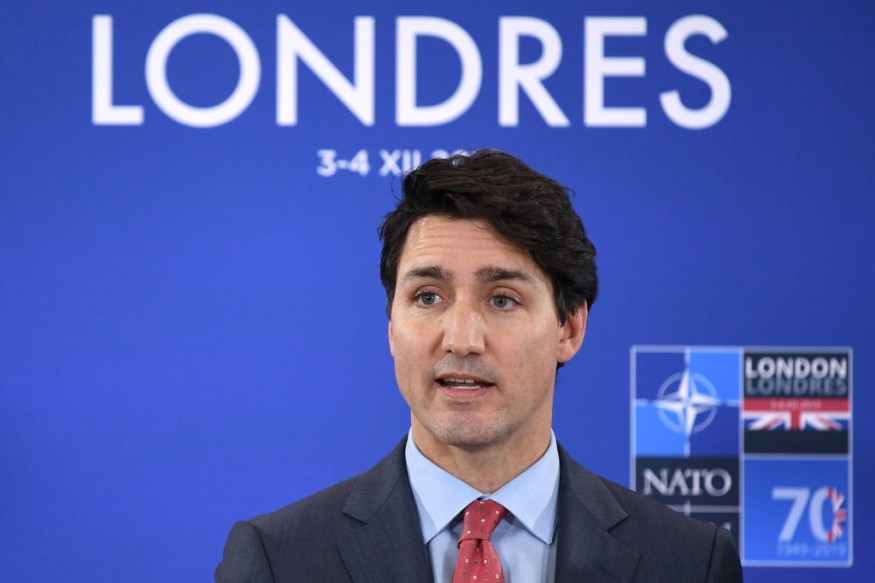Expert Says U.S.-Canada Border Rules Likely to Change in June; Justin Trudeau in No Rush to Reopen

Fourteen months after the closure of the U.S.-Canada border, a foreign policy expert from the U.S. believed that Canada would ease its border restrictions this month.
Border Policy Research Institute director at Washington University, Dr. Laurie Trautman, told MyNorthwest her prediction of an announcement of the coming change.
The U.S.-Canada border has been closed to non-essential travel since March 21, 2020 to help slow the spread of COVID-19. Since its closure, a 30-day extension has happened every month.
It can be recalled that earlier last mo, Montana and Alberta had partnered in vaccinating around 2,000 truck drivers from Canada, who regularly drive and deliver goods into the U.S.
Expert Expects U.S.-Canada Border Restrictions to Ease This June
Trautman noted that "she heard" from the Canadian side that there will be "something happening." Trautman said it would likely be announcing an actual plan, which has yet to be developed, on easing the border restrictions.
Trautman cited a Canadian expert advisory panel on COVID testing and quarantine requirements at the borders of Canada that convened last week, tackling specific strategies that could be applied to begin easing restrictions.
Trautman and her Border Policy Research Institute's colleagues contributed information on the same panel encouraging Canada to permit vaccinated people to enter the country without undergoing quarantine.
The information involved identifying the travelers into five types: exempt travelers or those essential workers and other certain exempt people who are allowed in now; fully-vaccinated non-exempt travelers; partially-vaccinated non-exempt travelers or those who have received one dose of a vaccine; non-exempt travelers who had recovered from COVID; and non-exempt travelers who are unvaccinated.
"There have been a lot of people working hard on this issue, there are so many different moving parts," said Trautman, adding that she thinks that restrictions are going to be eased "in a very thoughtful and safe way on the Canadian side."
At present, the only people who can cross the U.S.-Canada borders are essential workers or those who will visit relatives in emergency cases. Those who will enter Canada by air or land, including Canadians, are required to quarantine for at least 14 days.
Despite the waiting time for Canada's decision on the U.S.-Canada border, Trautman highlighted that the United States would likely open their side of the border faster due to federal officials who are vocal about "getting things moving again."
Justin Trudeau on U.S.-Canada Border
The clamor about the opening of the U.S.-Canada border intensified, as both countries have also increased their respective vaccine coverage.
Despite the pressure to reopen, Prime Minister Justin Trudeau said on The Canadian Press that easing the restrictions "needs to be done carefully" for the safety of their citizens.
"We all want to reopen, we all want to go back to traveling to see friends, take vacations, on trips," said Trudeau. However, the prime minister pointed out that it is undesirable if the reopening will force them to close again because of another wave of COVID-19.
Justin Trudeau's comment comes as Ontario and Quebec reported high numbers of COVID-19 infections.
"We are on the right path, but we'll make our decisions based on the interests of Canadians," said Justin Trudeau, adding that they will not open based on what other countries want.
WATCH: What Will it Take to Open the U.S.-Canadian Border? - From WXYZ-TV Detroit | Channel 7
Subscribe to Latin Post!
Sign up for our free newsletter for the Latest coverage!
















